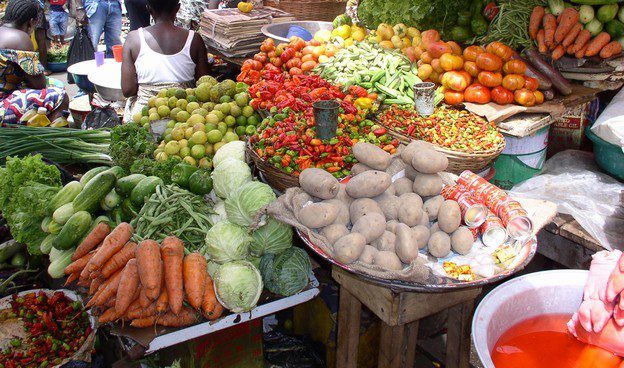The Liberian government through the Ministry of Commerce and the Food and Agriculture Organization (FAO) of the United Nations have signed a food safety agreement worth US$348.000 to be implemented over the period of 24 months.
Th signing ceremony which took place at the Ministry of Commerce yesterday (Tuesday) in Monrovia, is aimed at Strengthening National Control System in Liberia to Ensure Safety of Foods and Improve Trade in Liberia”.
In remarks during the ceremony, Commerce Minister Wilson K. Tarpeh lauded the Representative of FAO and the entire United Nations system for the support, adding that the food security project covers everything from soil to the stomach which, he said, is the entire food chain.
According to Professor Tarpeh, FAO’s intervention will enhance or deepen their commitment to ensuring that food that comes into the commerce of the country is of minimum standard, not something that people will get sick from, disclosing that the Director of the National Standard Lab is in the country.
“Since our being in this ministry, we have consistently maintained that food that comes into this economy or through the commerce of this country is clean and fit for human consumption…” Minister Tarpeh indicated.
In remarks earlier, FAO Representative to Liberia, Mariatou Njie, said food borne diseases have a significant impact on public health, food security, productivity and poverty, adding that nearly 600 people fall sick and 420,000 die each year from food borne diseases, and that FAO is the only international organization overseeing all aspects of the food chain.
According to Njie, the proposed food safety project was formulated to address key challenges of the food control system and key areas through strengthened capacity of the country, ranging from meat
inspection, Food Processing Technologies, Application of the Hazard Analysis Critical Control Point (HACCP), Compliance and Enforcement Codex, and international agreements, among others.
She added that food security and food safety are major challenges for consumers and producers in the country,,as productivity continues to fall below regional levels, while handling and safety measures are not in place, stressing that microbiological and chemical contamination in
food are major causes of illnesses.
Njie stated that the project is in line with the FAO Country Programme Framework (CPF) for effective monitoring of food security through their support, while at the same time reaffirming FAO’s commitment to support the government to achieve its developmental objectives through
promoting food and nutrition security and coordinated approach for the benefit of the citizens.
TSS/abj/APA


